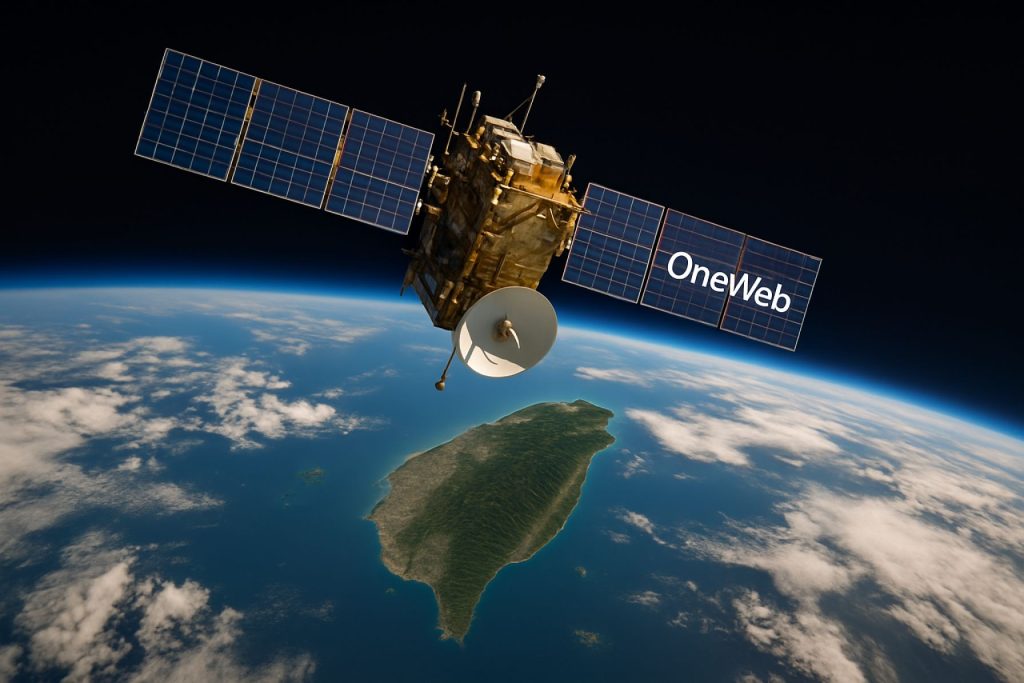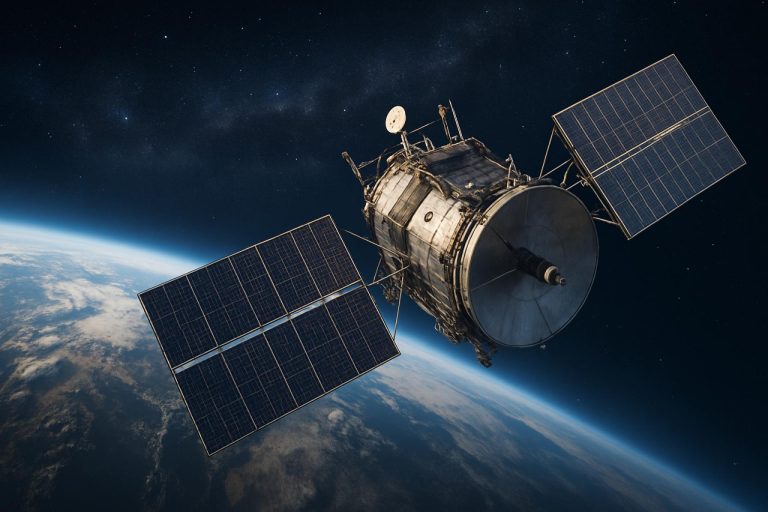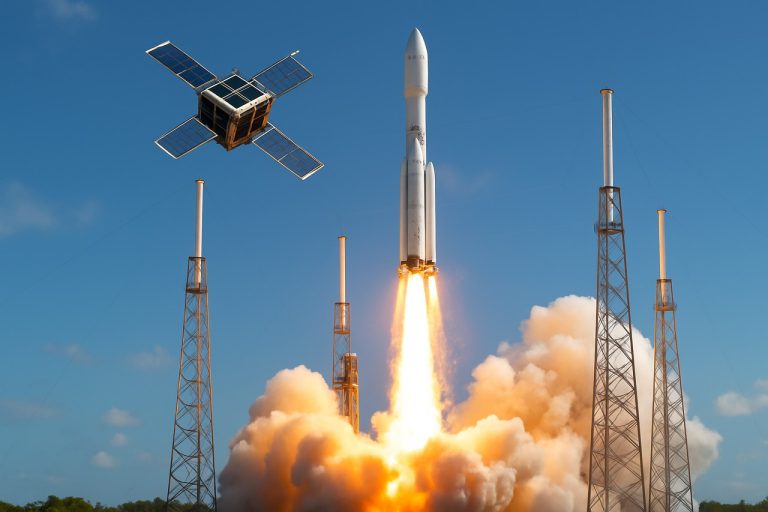
Chunghwa Telecom Rocket Boosts Taiwan into Space with First-Ever OneWeb LEO Satellite License
Chunghwa Telecom claims Taiwan’s first OneWeb satellite license, fueling next-gen connectivity and robust backup for national resilience in 2025.
- US$115M: Chunghwa’s investment in a new GEO satellite launching by late 2025
- 7B TWD ($228M): Capital committed to a new Singtel joint venture satellite
- 2026: Full bandwidth from new Astranis satellite expected
- 2027: Launch target for new geosynchronous satellite
Chunghwa Telecom just blasted Taiwan into the satellite big leagues, revealing it has snagged the nation’s very first commercial license to use Eutelsat OneWeb low-earth orbit (LEO) satellite services. Months of regulatory battles—frequency approvals, operations plan reviews—have paid off in a major step forward for the nation’s connectivity.
Application talks sprinted to life after Chunghwa inked a deal with UK-based OneWeb in late 2023. Now, the company is gearing up to build a major satellite service terminal and a testing center right in Taiwan. The mission: to merge global and local space resources into a cutting-edge network that can survive—or even thrive—no matter the circumstances on Earth below.
Q: Why is Chunghwa’s OneWeb License a Game-Changer for Taiwan?
For the first time ever, a Taiwanese operator gains direct access to LEO satellite networks through OneWeb. This means blazing-fast, ultra-resilient backup to fiber, and crucial redundancy if disaster strikes—something top of mind after mysterious undersea cable sabotages earlier this year.
With OneWeb, Chunghwa Telecom fortifies Taiwan’s digital backbone against outages and cyber threats, leapfrogging the competition in an era where connectivity literally powers national security.
Q: How Will Chunghwa Boost Taiwan’s Satellite Arsenal?
Chunghwa isn’t stopping at OneWeb. In parallel, the company is:
- Partnering with Amazon‘s Project Kuiper and Telesat for even more satellite options
- Investing over $115 million in a brand-new high-capacity GEO satellite from Astranis (set to launch late 2025; full power in 2026)
- Teaming with Singtel to launch another advanced satellite in 2027
Chunghwa’s chairman confirmed that talks happened with Starlink, but heavy regulatory barriers stopped any deal. Instead, the company is building a diverse satellite fleet—mixing LEO and GEO tech—to cover every possible contingency for government, businesses, and millions of subscribers.
How Will This Shape Taiwan’s Digital Future?
Chunghwa’s bold moves put Taiwan at the forefront of satellite innovation in Asia. The company’s growing satellite portfolio—spanning geosynchronous orbit giants and nimble LEO constellations—ensures seamless coverage even when undersea cables fail or natural disasters hit.
Next-gen services are in sight: ultra-reliable Internet to the nation’s most remote corners, ironclad backup for critical infrastructure, and a future-proof network ready for whatever 2025 and beyond brings.
How Can You Prepare for This Satellite-Powered Revolution?
- Stay tuned to Chunghwa Telecom and trusted tech news for updates on satellite launches.
- Talk to local providers about backup connectivity options for your home or business.
- Consider integrating satellite internet solutions—especially if you live in rural or disaster-prone regions.
- Explore government resources to understand Taiwan’s evolving digital resilience strategy.
Don’t get left behind as Taiwan’s skies fill with next-generation satellites! Check below to get ready for hyper-connected 2025:
- ✅ Watch for Chunghwa’s upcoming satellite service announcements
- ✅ Review your current network’s backup options
- ✅ Stay informed on regulatory changes shaping Taiwan’s digital future
- ✅ Bookmark global satellite leaders—Eutelsat, Amazon, Telesat—for trends
Supercharged connectivity is coming to Taiwan—are you ready to plug into the future?



